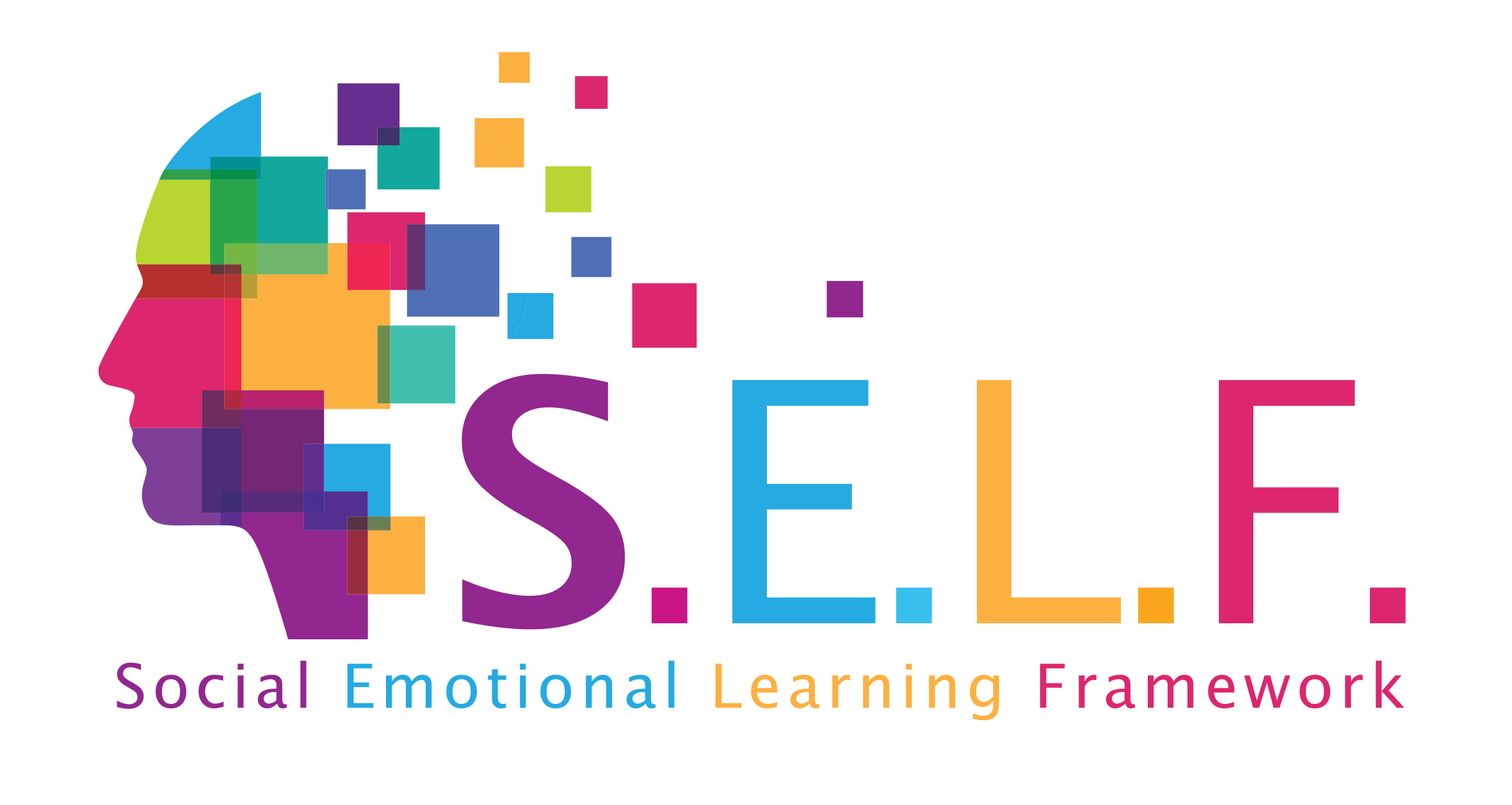ETHICAL RESPONSIBILITIES
What Are Ethical Responsibilities?
Why Is It Important?
Best Practices
What Are Ethical Responsibilities?

Students do not discriminate other students for such reasons as race, mother tongue, religion, gender, nationality, opinions, religious beliefs, sexual orientation, family, social or cultural background, ethnicity, and physical disability or for an arbitrary or personal reason. Students are expected to be sensitive against biases and all sorts of discrimination, and develop the skills to challenge them, free from biases. Anti-bias mastery skills include: understanding the various dimensions of identity; learning and applying basic terms relating to bias and discrimination; increasing understanding of the impact of culture and differences on communication; and recognizing, acknowledging and confronting bullying, bias and discrimination in themselves, others and within institutions.
According to (CASEL)’e* socio-emotional learning is “the process through which all young people and adults acquire and apply the knowledge, skills, and attitudes to develop healthy identities.”
Responsible decision-making is one of the five components that make up CASEL’s model of SEL. It means the ability to make constructive choices about how to behave, based on consideration of ethical standards that concern personal, social, and collective well-being.
Emphasizing the ethical dimensions of what it means to make decisions that are both personally and socially responsible suggests that students face a myriad of decisions to make throughout their lives. We expect students to make a distinction between what is right or wrong, and make the right choices about a number of decisions, small or big.
Examples for ethical thinking and decision-making skill include a student with great academic skills deciding to cheat to help a close friend or not; or a student deciding to cut a queue when invited by a close friend who waits in the front rows.
*Collaborative for Academic, Social, and Emotional, Learning
Why Is It Important?

Strengthening students’ moral identity (how important being a good person is to their sense of self) encourages them to make ethical decisions.
Moral reasoning (figuring out what is right or wrong) and moral identity (wanting to be a person who does the right thing) are both important for ethical decision-making, especially in difficult situations.
Moral identity is linked to moral action, such as donating money to charity, and to moral emotions, such as caring about people different than oneself and feeling guilty after doing something wrong.
When students have a strong, internalized moral identity, they are more motivated to behave pro-socially even when they don’t get any external recognition for it; teachers can help encourage this by focusing students on the internal rewards of doing the right thing, instead of an external reward.
Involving students in community service, including giving them opportunities to reflect on their experiences, can also help develop their values and identities as moral people.
Ethical responsibilities build a foundation to help students understand that we all need to take responsibilities for ourselves and others, including our school, community, country, and the world. When we witness something unfair, it is important to step up as global citizens. As part of social services in our school, students experience that they can make a difference through small individual steps and make a change through activism and law, thanks to our cooperation with foundations.
